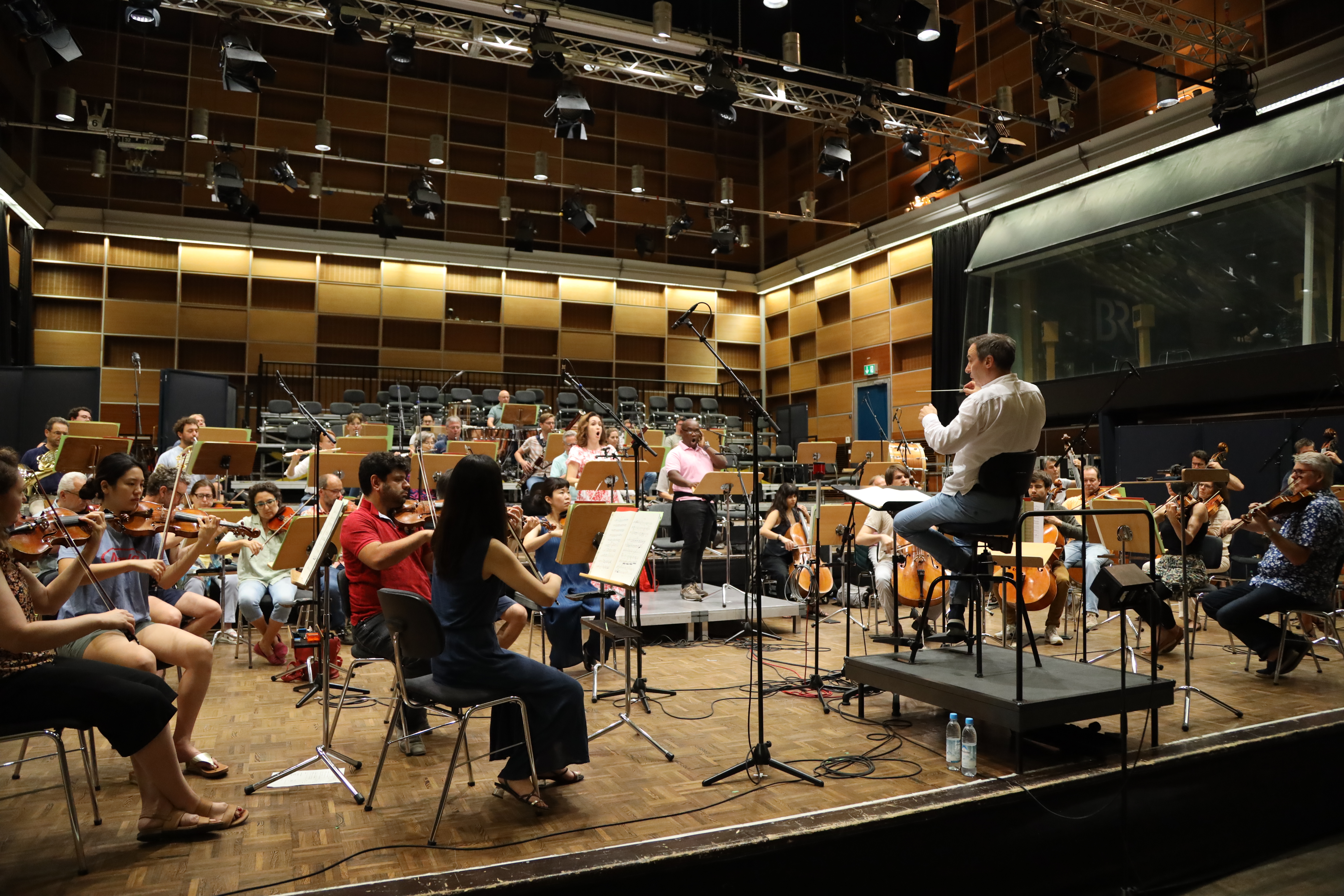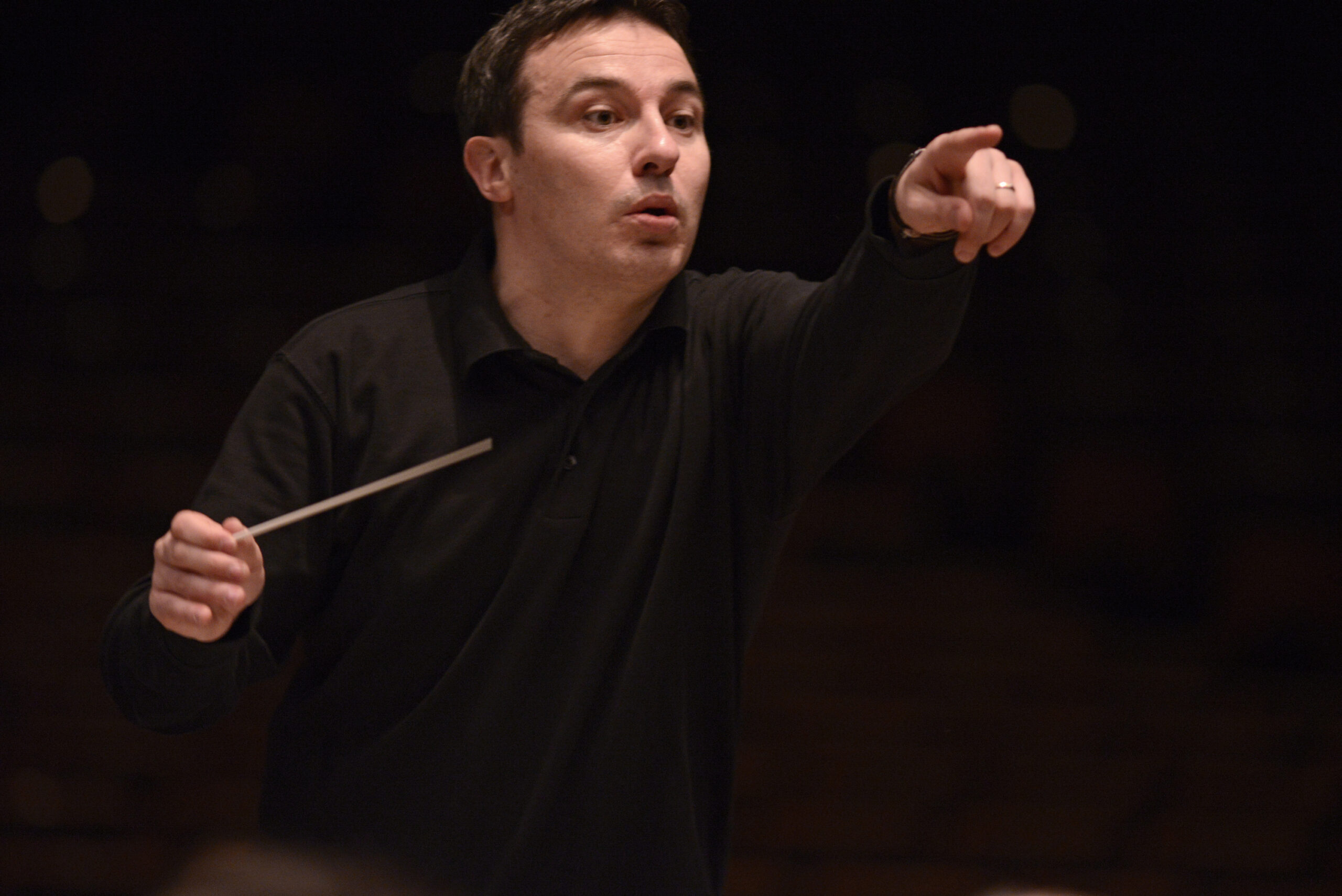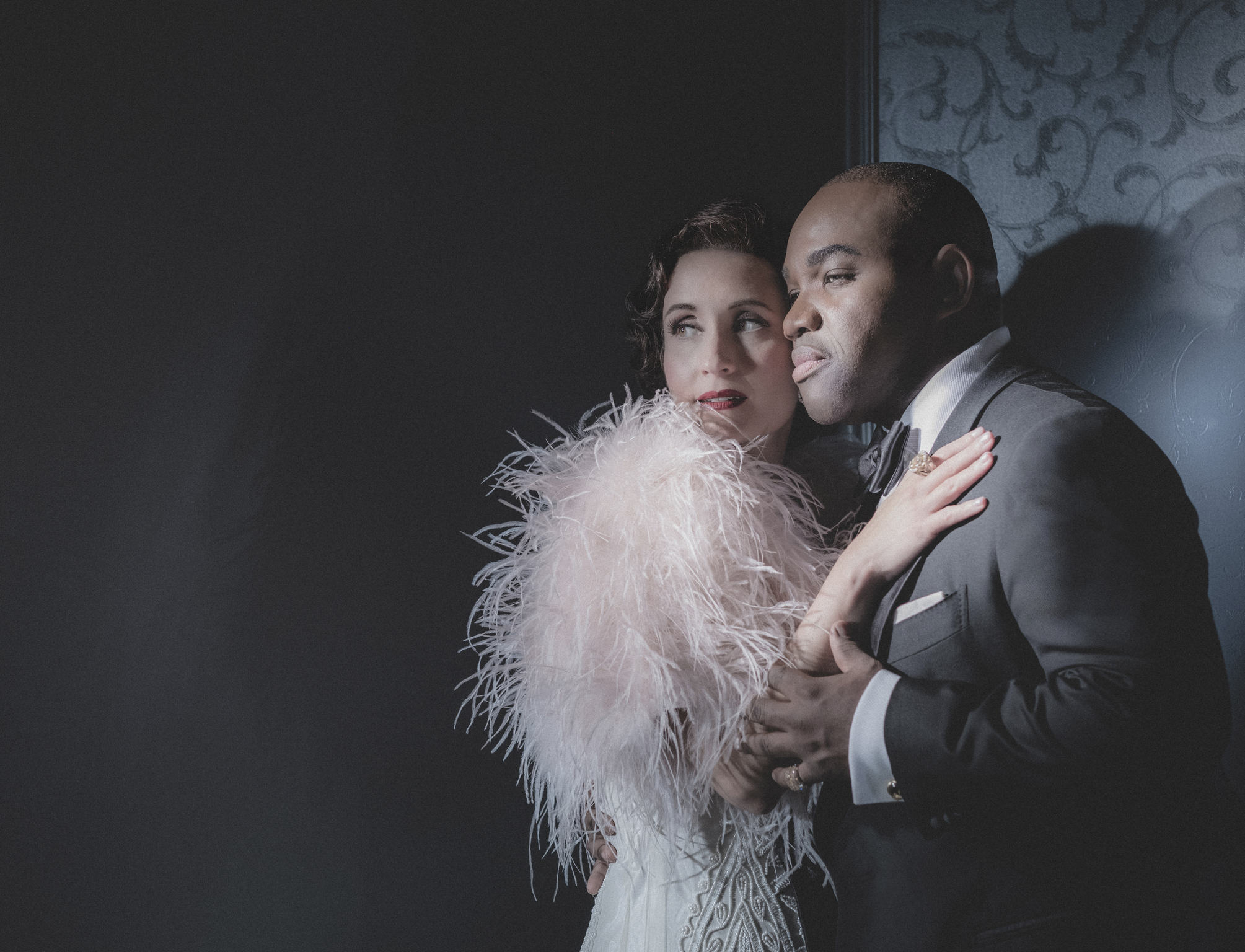
Golden Age: An Exception to the Rule
ReviewTrue opera lovers don’t often listen to recordings of collected arias, especially from contemporary singers. No matter how thematic or composer-centric these collections, few arias, separated from their operatic context, carry the same impact. Opera is nothing without dramatic momentum, however convoluted it may at times be, and that’s what is missing when we settle down with an arias-only recording, especially one in the bel canto style.
But Golden Age, the upcoming outing by Erin Morley and Lawrence Brownlee on the Pentatone label, is a glorious exception to the rule.
Their voices, in full bloom and filled with intelligence and vocal energy, create a context all its own. This context isn’t just beautiful singing or a tribute to a bygone age. It is, in all seriousness, a consistent breath of spring, and yes, like many an opera, it’s full of sunshine and showers.

Morley and Lawrence provide strategically placed solos among their duets. This is very much a two-person affair and there are plenty of golden moments to go around. Two can be found in selections from the rarely (essentially never) performed, La jolie fille de Perth by Bizet and Donizetti’s Marino Faliero, both offering tantalizing glimpses into what these works contain. Hopefully listeners will be tempted to seek out full recordings.
The duo performs Bizet’s “lls verront si je mens!” repleat with a resolutely sung mad scene by Morley, in which she emphasizes technique and dramatic balance over histrionics. Brownlee’s sad foreboding, in which his vibrant tenor sinks with silky assurance into mournful resignation, completes the picture.
The tenor’s solo, Donizetti’s “Di Mia patria o bel soggiorno,” the lament of an unfortunate Venetian Doge, sounds a bit pinched in the high notes. Otherwise his character’s journey from anger to forgiveness in route to his execution, is met with impressive ease.

Ivan Repušić and the Münchner Rundfunkorchester provide freshness, polish and emotional weight throughout the recording. There’s personality in this ensemble’s playing, a third character if you will. Repušić’s group supports the singers and provide sensitive readings of the compositions and their composer’s varied demands, that also include Rossini, Verdi, and Delibes.
Morley and Brownlee soar in the effervescent and romantic moments while maintaining a mature luster in the dramatic ones. Morley’s quiet intensity in “Gualtier Maldé!…Caro nome,” from Verdi’s Rigoletto and Brownlee’s rueful “a cette voix quel trouble…Je crois entendre encore,” the most familiar aria outside the duet from Bizet’s Les pecheurs de perles, showcase two singers at the height of their technical and theatrical prowess.
Golden Age manages to maintain its contextual integrity while, through no fault of its own, becoming a greatest hits, if not all the greatest hits of the bel canto style. The nine tracks offer the familiar in marvelously refreshed renditions; Donizetti’s “Quoi” Vous m’aimez…De cet aveu si tendre” from La fille du régiment and Rossini’s “Ah, quel respect…Ce téméraire qui croit nous plaire” that sublime duet from Le comte Ory.
There are two tracks from Delibes’ Lakmé, one being a ravishing “Oú va la jeune Indoue” (“The Bell Song”) by Morley and the recording closes with the short but lilting duet “Tornami a dir che m’ami” from Donizetti’s Don Pasquale that would be welcome if it went on forever.

Such is the nature of bel canto and of this recording that places Morley and Brownlee at the center of a new golden age. Their Golden Age is available October 10.

Comments